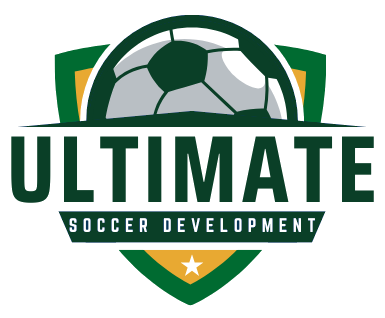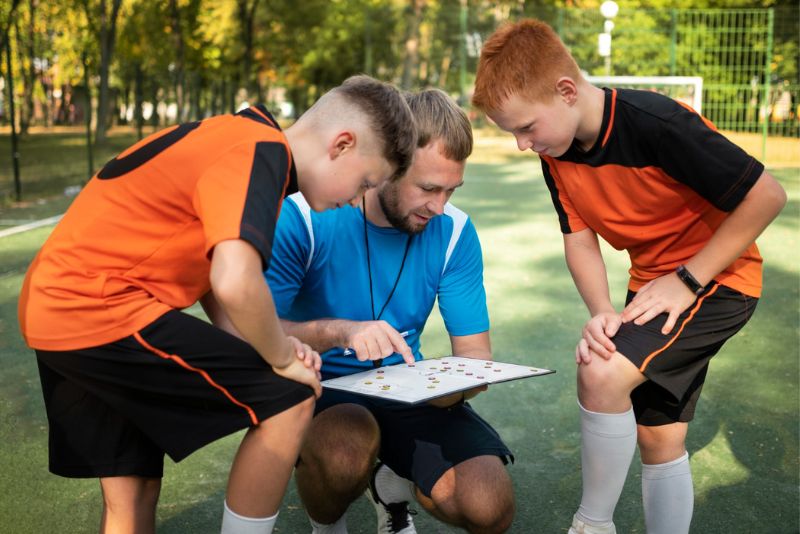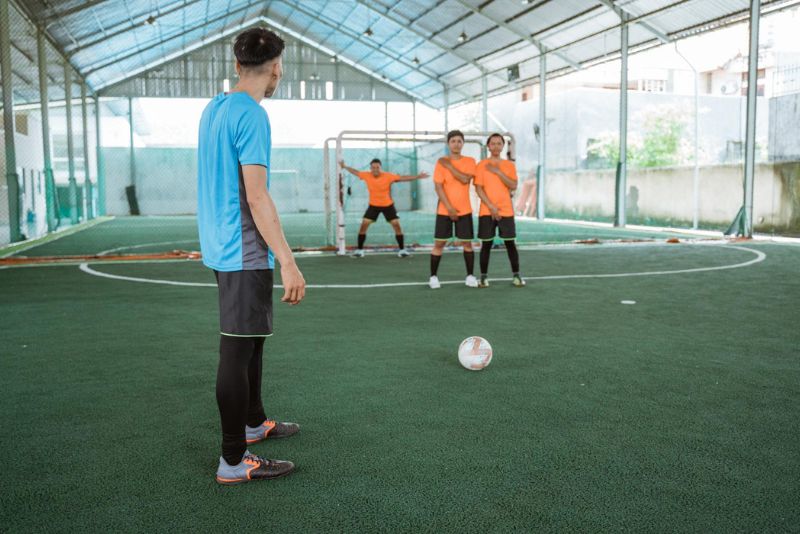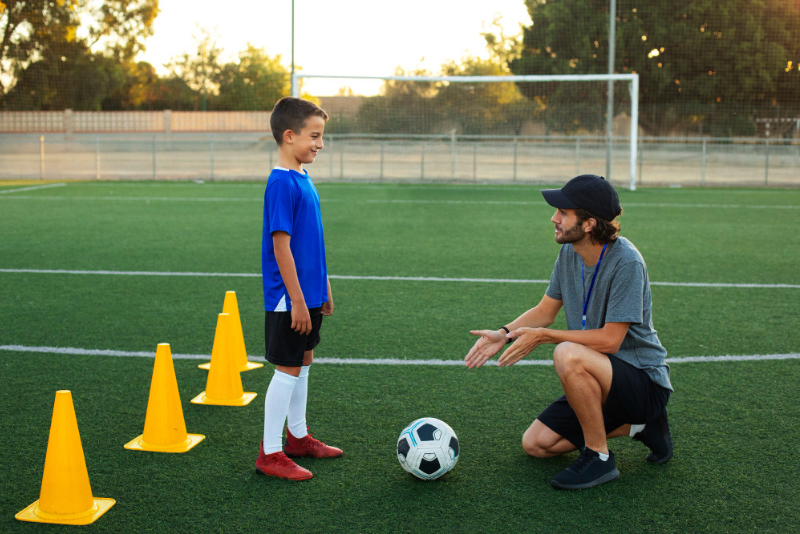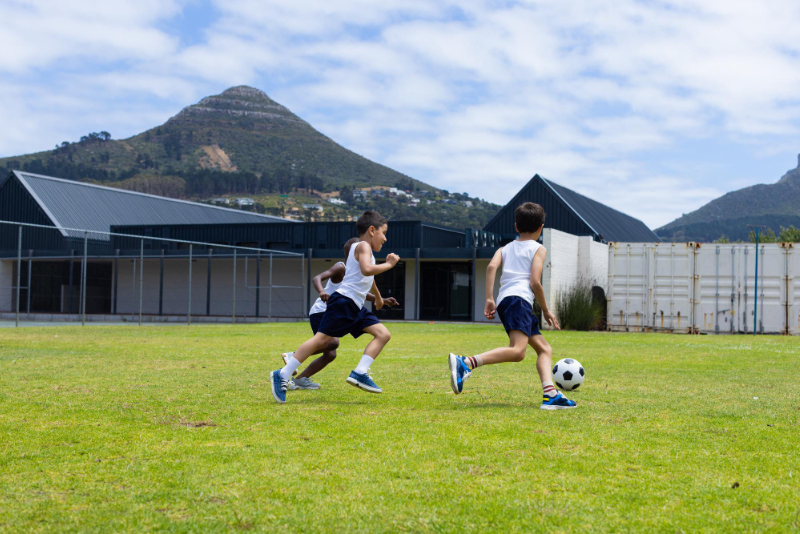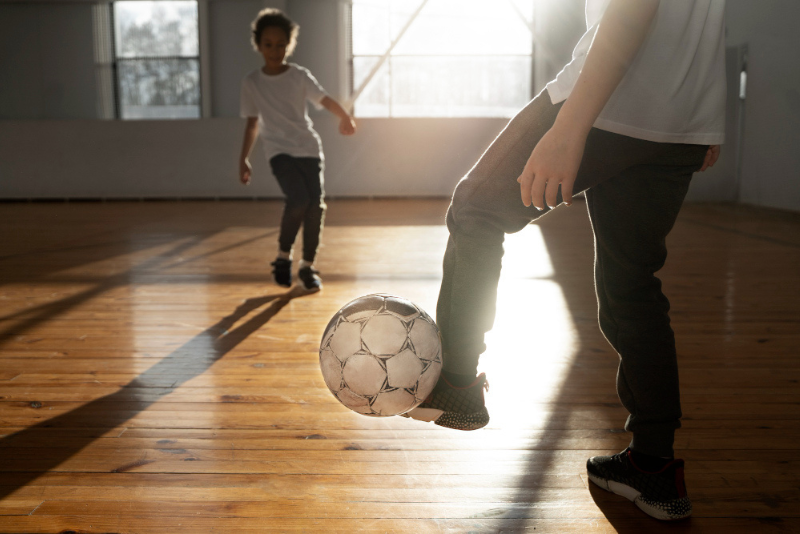Rest is just as essential to soccer success whereas regular training and good nutrition. Quality sleep enhances energy, decision-making, injury protection and recovery. Whether the athletes are playing in recreational leagues, soccer camps, youth involvement, or honing their skill at Soccer Clinics Mississauga, teaching them to establish healthy sleep habit can significantly enhance their performance.
Here’s a breakdown of why sleep counts, what happens when it doesn’t, and how athletes of all ages can elevate their sleep game for a better on-field game.
- The Science Behind Sleep and Soccer Skills
Soccer requires bursts of speed, coordination and quick thinking. Sleep directly influences:
Re-energize: Rest replenishes muscle glycogen stores tapped during intervals of high intensity.
Muscle Repair: Growth hormone works to rebuild muscle fibers fatigued during exercise in the deep sleep stage.
Mental Clarity: Well-rested players react faster, the gaps on the field and cope with stress.
Immune Defense: Regular sleep supports immune function, reducing illness-related time out from the game.
- When Sleep Suffers, Performance Suffers
Sleep deprivation causes several setbacks:
Slower Tempo & Fatiguing Easily: Winding down halfway through the match is a direct consequence of bad sleep.
Worsening Coordination: Your ball handling, passing, and tackling skills drop when your reflexes are dulled.
Lack Of Focus: The missing of tactical signals or misinterpretation of game play is often also because of mental fatigue.
Increased risk of injury: A fatigued muscle will take longer to respond, and this will put you at risk for injury (sprain, strain, or fall).
Decreased mood: Sleep-deprived Players will often be more irritable than usual, and will not have enough energy reserves to fight through hurdles (obstacles).
- Sleep Needs by Age Group
Youth Players
Young athletes, especially those in youth programs like Soccer Camp Mississauga, perform best with 9–11 hours of quality sleep. This ensures proper growth, recovery, and skill retention.
Adult & Competitive Players
Adults need 7–9 hours each night. During camp runs or tournaments, leaning toward the higher end helps combat intensive scheduling demands.
- Seven Easy Sleep Strategies for Players
Maintain a Regular Bedtime and Wake Time
Try to go to bed—you can do so now—and wake up at the same time every day — even on weekends. A schedule can signal to your body when it is time to be tired (and rested).
Unwind Before Bed
Soft music, gentle stretching or light reading communicates to your body that it’s time to shut down. Cut out stimulating activities right before bedtime.
Dim the Lights, Ditch Screens
Bright lights and screens can fool your brain into thinking it’s the middle of the day. Disconnect from gadgets 30 to 60 minutes before bedtime for better sleep.
Create a Sleep-Smart Bedroom
Make your sleeping environment dark, quiet and cool. Quality bedding and limited noise make all the difference.
Eat & Drink Wisely
Large meals and caffeine too close to bedtime affect sleep. Choose something light to eat, such as a banana or yogurt if needed.
Manage Stress
Pre-sleep rituals like deep breathing or short mindfulness exercises help calm nerves after a long day of training.
Use Smart Naps
A 20-30 minute nap mid-afternoon can provide a quick energy boost without throwing off nighttime use.
- What Coaches and Parents Can Do
For youth involved in camps and clinics:
- Schedule practices to allow rest.
- Educate young athletes about the value of sleep.
- Ask about sleep schedule, especially when busy.
Advanced Recovery Options
The competitors can do better:
Sleep Tracking: Wearables or apps can monitor the quality and duration of sleep.
Professional Help: Chronic fatigue or insomnia? Consulting a healthcare professional can reveal problems like sleep apnea.
Supplements: With professional approval, natural aids (like magnesium or melatonin) might support better sleep.
- Recovery in Action: Post-Game Rest
After big games or back-to-back match days:
- Embrace extra rest to aid physical repair.
- Include light stretching or yoga to help your body wind down.
- Adjust naps carefully so they energize rather than disrupt nighttime sleep.
- Real Results: How Sleep Boosts Performance
Consider these real-world improvements from prioritizing sleep:
- Faster recovery between practices
- Improved decision-making under pressure
- Consistent performance throughout tournaments
- Lower incidence of injuries
- More enjoyment and motivation for the sport
Summary: Why Sleep + Training = Success
Recharge your body: Energy, strength, and speed are directly tied to sleep quality.
Recover fully: Sleep recovers sore muscles and increases immunity.
Think clearly: Rested minds work better under pressure.
Stay motivated: Rest enhances mood and sustained attention.
Whether you’re in Soccer Leagues Mississauga, at a soccer camp, enjoying youth training, or mastering moves in local clinics, sleep is the secret tool that pulls it all together.
Ready to Raise Your Game?
Proper training, smart nutrition, and professional coaching—such as at Ultimate Soccer Development—can turn your soccer experience around. Add consistent quality sleep to the mix, and watch your performance soar.
Coach Kyle’s professional instruction and individualized methods ensure Ultimate Soccer Development is the best option for youth players wanting to enhance and love the game. Attend his camp for a fun, intense, and results-oriented soccer experience.
Ready to improve your soccer game through improved sleep? Contact Coach Kyle directly at (647) 880-6121 or via email at coachkyle@ultimatesoccerdevelopment.ca to enroll today.
